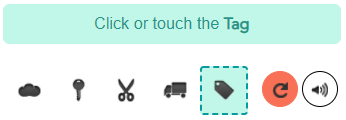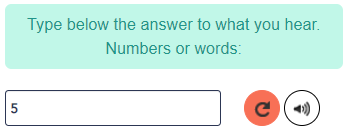Compare Inland marine Insurance Rates
Learn more about the factors that dictate your inland marine insurance rates, compare top insurers, and save.
 Your information is secure.
Your information is secure. Inland marine

What is inland marine insurance?
Inland marine insurance provides coverage for business property, such as products, tools, and equipment, while it’s in transit over land or stored at an off-site location.
When do businesses need inland marine insurance?
Inland marine insurance is a “floater” policy, which simply means the coverage goes where the insured property goes. A small business that ships valuables, transports tools, or owns a truck with specialized equipment may need this policy.
Commercial property insurance only covers business property at the location listed on the policy. Inland marine insurance protects against damage and theft outside your place of business.
What does Inland marine insurance cover?
Inland marine insurance protects property on the move, such as the kitchen in a food truck or a temporary art exhibit at a cafe.
Inland marine insurance provides coverage for:
- Property in transit
- Property in your temporary care
- Movable property in a fixed location
- Property that moves around
- Unique or valuable property
- Property that transfers information




Property in transit
Inland marine insurance protects business property in transit, which is typically excluded from commercial property insurance.
Property in your temporary care
Inland marine insurance can protect property that's temporarily in your care.
Example: Many restaurants, bars and clubs exhibit artwork from artists. These businesses are temporarily in possession of someone else's property. If they were stolen, inland marine insurance would cover the cost.



Movable property in a fixed location
Inland marine insurance covers business property that's in a fixed but movable location, such as heavy equipment installed inside a van or truck.
Example: This policy would cover the cooking equipment in a food truck, but not the truck itself. If a fire damages the kitchen, it would pay for repairs or replacement of the damaged equipment.

Property that moves around
Inland marine insurance covers property that moves from location to location, such as a contractor's tools that move to different worksites.
Example: An AC repair tech purchases contractor's tools and equipment insurance (type of inland marine insurance) to protect a toolbox and AC equipment brought to each job site. This policy protects items under $10,000 that are less than five years old.



Unique or valuable property
Your business may have special decorations or artwork that can't be insured with standard policies.
Example: Inland marine insurance can be added to commercial property insurance for valuable artwork that could not be insured otherwise. If the artwork is stolen, the policy would cover the costs.

Property that transfers information
This may include computer equipment that travels to different locations and elecronic data.
Example: Employees at an IT consulting firm often bring laptops to client homes and offices. To provide protection wherever the computers go, the consulting company invests in inland marine insurance.

Inland marine insurance does not cover:

Vehicles
Commercial auto insurance is the policy that covers business-owned vehicles, business can protect personal, rented, or leased vehicles used for work purposes with hired and non-owned auto insurance but not though inland marine insurance.

Exclusions
An open perils policy, also called an all-risk policy, covers all types of perils unless otherwise stated. Usually, it includes a list of exclusions that details events the policy won't cover. Open perils policies typically cover fire, windstorms, natural disasters, collisions, and theft. Make sure to read the exclusions carefully so you know exactly what's covered.

Items not listed in the policy
A named perils policy only covers events listed in the policy and nothing else. Because its coverage is more limited, it often costs less than an open perils policy.

















